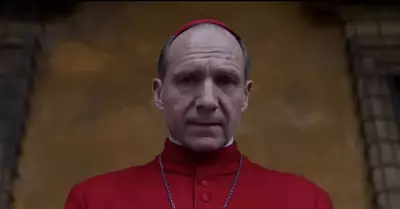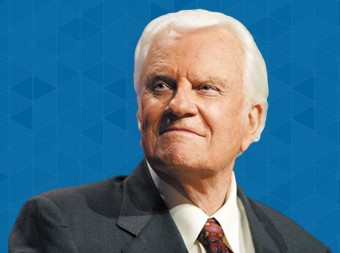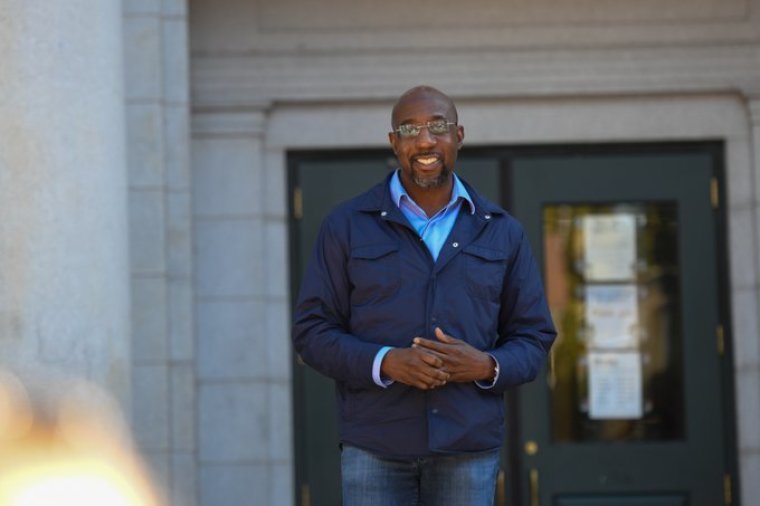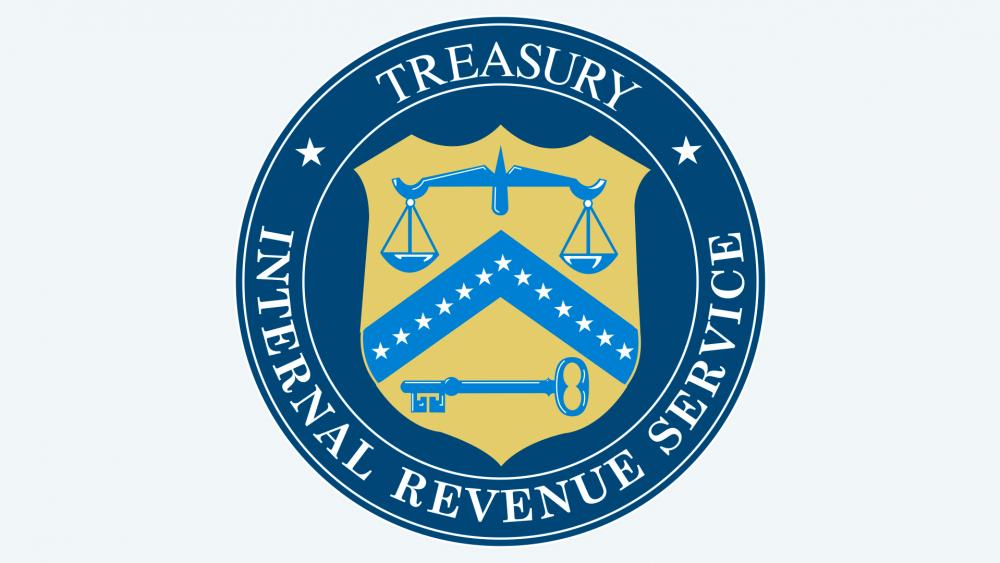How the Movie ‘Conclave’ Twists Faith to Fit Hollywood’s Agenda
Posted by Temmy
Mon, November 04, 2024 10:21am

I seldom encourage readers to avoid particular movies, fearing that the added attention may hurt more than it helps. But I want to urge you not to see Conclave, despite the acclaim and even Oscar “buzz” the film is receiving. My warning stems from reading the book upon which the movie is based. Robert Harris is one of my favorite novelists; his blending of historical facts and plot twists has made him a bestselling author. But Conclave, which focuses on the event of that name during which a new pope is elected, could not be more disparaging of the Catholic Church (one Catholic reviewer called it “a mockery of our faith”). Or more “woke” in its wildly implausible ending.
But that’s not the main reason I hope you won’t see the film (or read the book).
“Take every thought captive to obey Christ”
Scripture urges us to guard our minds against deception:
o “Whatever is true, whatever is honorable, whatever is just, whatever is pure, whatever is lovely, whatever is commendable, if there is any excellence, if there is anything worthy of praise, think about these things (Philippians 4:8).
o “We destroy arguments and every lofty opinion raised against the knowledge of God, and take every thought captive to obey Christ” (2 Corinthians 10:5).
o “Set your minds on things that are above, not on things that are on earth” (Colossians 3:2).
o “Be transformed by the renewal of your mind” (Romans 12:2).
In this context, my primary concern with Conclave is that the book and movie are so well done that they are highly convincing and effectively deceptive. Like Dan Brown’s equally misleading and damaging novels/movies (The Da Vinci Code, Angels and Demons), we want the stories to be true. We feel compelled to believe the deceptions we are being told.
This is intentional. Edward Berger, who directed Conclave, told the New York Times:
In the end, not everything is known, but that gives you license to interpret and invent, and that’s what I love in filmmaking. It’s not necessarily the truth, but it resembles your interpretation of the truth, and ideally, I can take you on that journey and have you be engaged (my emphasis).
Remember: Christ is “the truth” (John 14:6, my emphasis). God’s word “is truth” (John 17:17; note the present tense). Jesus promised us, “If you abide in my word, you are truly my disciples, and you will know the truth, and the truth will set you free” (John 8:31–32, my emphases).
The most dangerous lies are the ones that seem closest to the truth. Why is this fact so urgent?
Four Responses to Our Broken Culture
Today is Halloween, the eve of All Saints Day, and Reformation Day. Let’s consider the spiritual differences between them.
Halloween is one of America’s most popular holidays; retailers expect us to spend more than $12 billion on it this year. It is also a secular holiday with little reference to biblically redemptive themes (as my wife’s latest blog humorously and effectively points out). In fact, while trick-or-treating can be innocent fun, we should also remember that we are prohibited by Scripture from engaging in the occult (Leviticus 19:31) or doing anything that would glorify Satan (John 8:44; 10:10). (For more, I invite you to listen to my podcast with Dr. Mark Turman, “Should Christians celebrate Halloween?”)
Tomorrow is All Saints Day, observed each year on November 1. (The term Halloween is derived from “All-Saints Eve.”) Catholics and other Christian traditions will use the day to remember the saints of Christian history and learn from their examples. Hebrews 11, with its famous “hall of faith,” is a biblical example of such inspiration.
October 31 is also Reformation Day, marking the day in 1517 when Martin Luther nailed his 95 Theses to the door of the Wittenberg Chapel in Germany. As Dr. Ryan Denison notes, Luther did not intend to lead a movement out of the church but rather to help correct its abuses and faults. Only when the authorities rejected his call for reform was he forced into the movement that became the Protestant Reformation.
Our conversation to this point offers four ways to respond to our anti-Christian culture:
1. We can oppose the church and its message as persuasively and deceptively as possible.
2. We can ignore its teachings, focusing on secular traditions instead.
3. We can celebrate the best of the church without considering its weaknesses and faults.
4. We can seek to correct and reform the church—and ourselves—so that we are what God wants us to be.
The Five “Solas” of Our Faith
My wife and I attend a Bible study each Sunday morning at our church. Last Sunday, our teacher reminded the class of the five solas central to Luther’s Reformation:
o Sola Scriptura: The Bible is our sole authority.
o Sola Fide: Salvation is found by faith in Christ alone.
o Solus Christus: Salvation is found in Christ alone.
o Sola Gratia: Salvation is the gift of God’s grace, not the result of human merit.
o Soli Deo Gloria: Salvation is the work of God for his glory.
Reformation Day is a good day to measure ourselves by these vital tenets of our faith. Are we thinking and living biblically at all personal costs? Are we claiming our status as God’s beloved solely on the basis of his grace and not our merits? Are we seeking his glory over our own?
If so, God will use us to continue reforming his church and proclaiming his truth to our deceived and deceiving culture. And we can claim the promise of Isaiah’s prayer:
“You keep him in perfect peace whose mind is stayed on you because he trusts in you” (Isaiah 26:3).
Will you experience God’s “perfect peace” today?
Source
|









